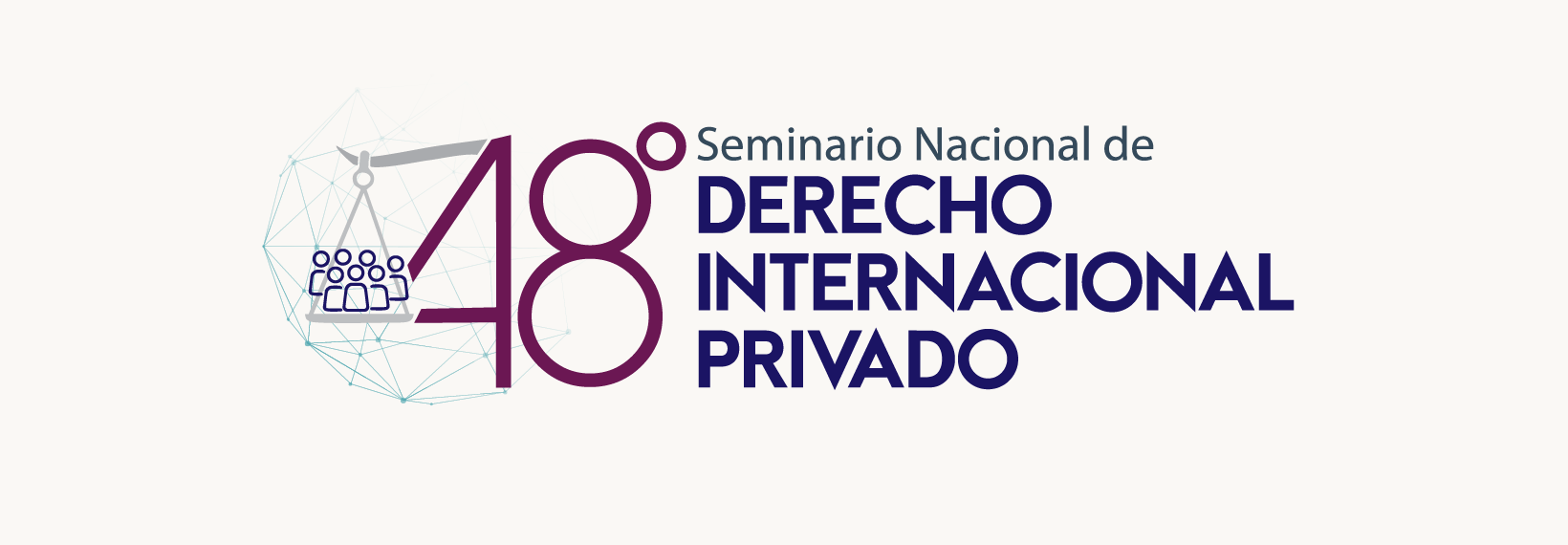Views
Indonesian Constitutional Court on International Child Abduction
THE INDONESIAN CONSTITUTIONAL COURT DECISION REAFFIRMED PARENTAL CHILD ABDUCTION IS A CRIMINAL OFFENCE
By: Priskila Pratita Penasthika[1]
INTRODUCTION
The Indonesian Constitutional Court Decision Number 140/PUU-XXI/2023, issued on 3 September 2024, confirms that parental child abduction is a criminal offence under Article 330(1) of the Indonesian Criminal Code. Prior to this Decision, Article 330(1) of the Criminal Code was understood as a provision that could not criminalise someone for child abduction if the abduction was committed by one of the biological parents.
After 3 September 2024, through this Constitutional Court Decision, the abduction of a child by one of the biological parents, when the parent does not have custody based on a final court decision, is reaffirmed as a criminal offence. Read more
The 2025 International Arbitration Survey: The Path Forward
“The 2025 International Arbitration Survey: The Path Forward”
Luke Nottage (University of Sydney)
The 14th Queen Mary University of London Survey, again in collaboration with international law firm White & Case, was dissected at an Australian launch seminar (expertly moderated by partner Lee Carroll) at their Melbourne office on 22 July 2025. Some “early insights” had been provided during Paris Arbitration Weeks, when the Survey report was not yet public. This analysis delves deeper into the report and key findings, drawing also on the discussion with our co-panellists, including some suggestions for future research.
Foreign illegality and English courts: Do the Ralli brothers now have a sister?
by Patrick Ostendorf (HTW Berlin)
In the recent and interesting case of LLC Eurochem v Société Generale S.A. et al [2025] EWHC 1938 (Comm), the English High Court (Commercial Court) considered the extent to which economic sanctions enacted by a foreign jurisdiction (EU law in this instance) can impact the enforcement of contractual payment claims (governed by English law) in English courts. More broadly, the decision also highlights the somewhat diminishing role of the Rome I Regulation (and its interpretation by the European Court of Justice) in the English legal system, and probably that of conflict of laws rules in general.
News
Virtual Workshop (in English) on October 8, 2025: Nadia de Araujo on “Highlights on the project for a Brazilian Law on Private International Law”

On Wednesday, October 8, 2025, the Hamburg Max Planck Institute will host its monthly virtual workshop Current Research in Private International Law at 11:00 a.m. – 12:30 p.m. (CEST). Professor Nadia de Araujo (Pontifícia Catholic University of Rio de Janeiro) will speak, in English, about the topic
“Highlights on the project for a Brazilian Law on Private International Law”
After more than eighty years Brazil finally has a project for a new Law on Private International Law. The current 1942 law devotes only seven articles to the whole subject. In light of the developments in PIL, the complexities of modern life and the adoption of a series of Hague Conventions and Inter-American Conventions, the project addresses PIL in its entirety. The new law introduces several significant changes: it expressly allows for party autonomy in international contracts, a concept that was not clearly defined in previous legislation, while safeguarding consumer and labour contracts. Additionally, it introduces new rules for proof of foreign law and a more comprehensive set of family law. It also retains domicile as the main rule for capacity and other family rights.
The presentation will be followed by open discussion. All are welcome. More information and sign-up here.
If you want to be invited to these events in the future, please write to veranstaltungen@mpipriv.de.
Conference: Towards Universal Parenthood in Europe, 24 October 2025
The University of Genoa (Italy), together with the partnership of the EU co-funded project UniPAR, is organizing a conference on parenthood in the light of Human Rights Law and Private International Law.
In the Conference, the UniPAR research team will present the results of the research and various topics related with EU private international law and children’s rights in the context of parenthood will be addressed. Dr. Raffaele Sabato, judge of the European Court of Human Rights, will deliver the introductory speech.
The Conference will take place on Friday 24 October, 10.00-13.00 CET and 14.00-17.00 CET.
See the programme. Online attendance is possible after prior registration.
AMEDIP’s annual seminar: Program and registration (in Spanish)

The program of the XLVIII Seminar of the Mexican Academy of Private International and Comparative Law (AMEDIP) has been published, click here.
To register, click here. Registration is free of charge (except if a certificate of attendance is requested). Only in-person participation is possible this year (with the exception of speakers, who may present online). Read more



